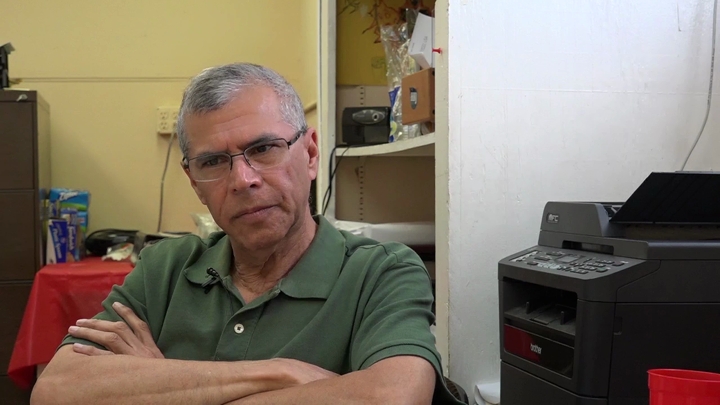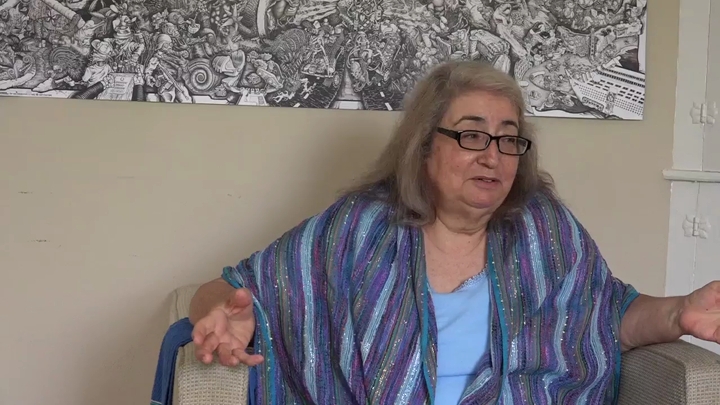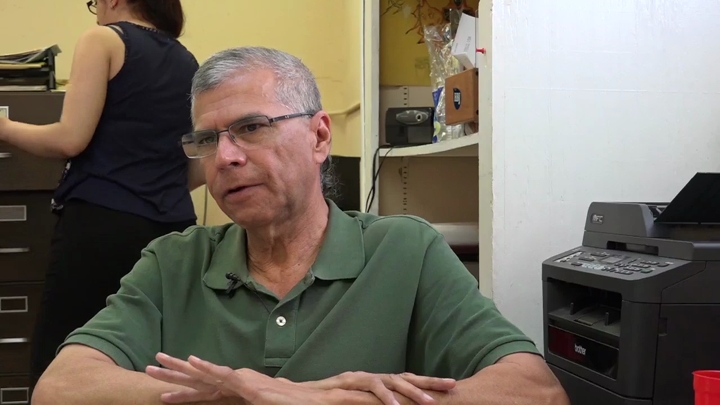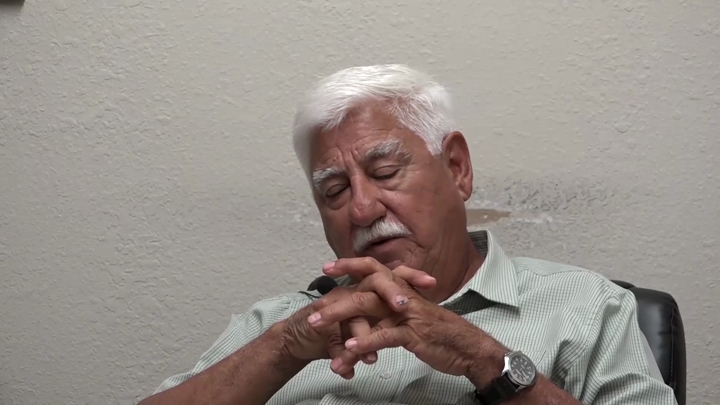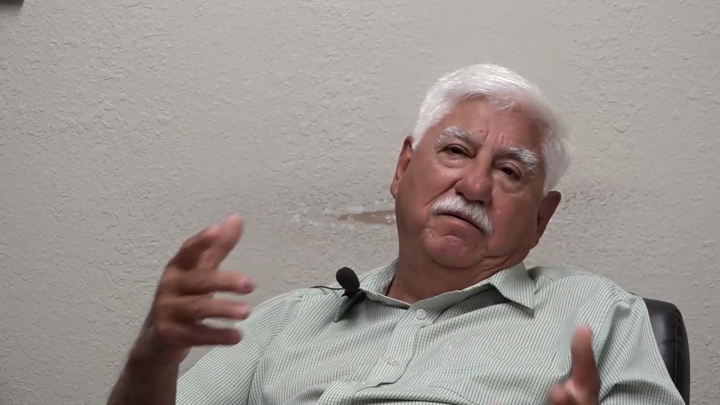Jimenez / Fight for Women's Studies
sign up or sign in to add/edit transcript
Maria Jiménez: But we sat and wrote it and conceptualized it. I remember we read proposals from other places where they had established in other parts of the country. We knew of these because of our experience with the Chicano movement nationally. We took it to the state legislature and then later we came we kept pushing to make it a reality. Interviewer: What year did the battle for CMAS begin? Maria Jiménez: As far as I was conscience it began when MAYO was first was active so it must have been ’69-70. When we went to the state legislature it was ’72 or ’73. Interviewer: Did you ever take courses with CMAS? Maria Jiménez: I do not remember. I might have. I might not have. The one I definitely took was with the women’s studies because I was active. Interviewer: Can you talk a little more about this? Maria Jiménez: Well, I was always very conscience of other social movements, as well. One of the areas where I felt personal discrimination was always on the gender issue. So, when we got to U of H I was not only with the Chicano movement, I also fought for women’s rights- equality for women. I was involved- not heavily but tangentially- with a lot of the women’s groups on campus. We pushed for the first Women’s Studies and I remember taking a women’s studies course. I think I did take one course or two courses in Mexican American studies- Particularly on the issue of the barrio. That I remember. There was a course on the barrio. I do not know- I think it was because the fight for women’s studies was less people and a harder fight I remember it better. Interviewer: Do you remember any specific courses you took in Women’s Studies? Maria Jiménez: It was a history of women. I learned a lot because the history department at the time was all male, white, and when we went to press for it- they said there were no qualified women. We found a woman who had a PhD from Harvard and brought her, she gave a great course. it was a very exciting course and I learned a great deal. So that is why I think I remember it more. Interviewer: What exactly did you learn? Maria Jiménez: I learned how to do research. She spent a lot of time teaching us about – not the heroine or special women or women who were well known- but how to look at history and look at how the common folk. So the sources you went to, what women did in general, how women who were the collective women made change, and how to use different archives and so forth. That is why I think I remember it so well. Interviewer: Do you remember specifics the fight to institute women’s studies in Houston? Maria Jiménez: All I remember is being at certain meetings with some of the Anglo Feminists who dedicated a lot of their time to that, and being part of their meetings. I was an added body to their fight as opposed to leading the fight. Interviewer: Do you remember any of the Women’s names who were fighting for this? Maria Jiménez: No, I do not. Joanne – what was her last name. Judith, she was in law school. Clara. I cannot remember the last names, but they were there. The other issue too, when I was student body president, one of the things we did was to give money for the first national gay conference. No body wanted to give them space to have the conference. We fought to have the university student center give them the space and then we donated a $1000 to their conference. Which back in the ‘70s was a lot of money, and they had their conference. So I think we were part of so many social movements going on at the time, so we were aware of peace movements and the protests against the war in Vietnam. We would all rattle statistics on how many Latino were dying and blacks were dying. So we were part of all these different movements that were centered at the university. We had contact with probably- for me one of the saddest experiences were the coalition we made with the international students. Usually, they were conservative, upper-class, they came because they had a lot of money. But they one group that would be radical and left politics were the Iranian Students. They did not call themselves from Iran – they called themselves Persian at the time. So they were part of the Persian Student Organization. Whenever they had control of the international Student Organization as the elected group, they would work with us on leftist politics. I remember. Unfortunately, I said it is sad because many years later I ran into one person at a conference. I asked about them and she told me they had perished or were imprisoned during the take over of Iran. She herself had been in prison. These were the students who were active at the time, they carried the greatest burden of social justice many years later.
| Interview | Interview with Maria Jimenez |
| Subjects | Education › Higher Education |
| Education › Chicano Studies | |
| Education › Education and Gender | |
| Education › Student Government | |
| Student Activism | |
| Chicano Power › Mexican American Youth Organization (MAYO) | |
| Geography › Barrios | |
| Military › Vietnam War › Anti-war Movement | |
| Tags | LGBT Community |
| sign up or sign in to add/edit tags | |
| Interview date | 2016-06-13 |
| Interview source | CRBB Summer 2016 |
| Interviewees | Jimenez, Maria |
| Interviewers | Enriquez, Sandra |
| Rodriguez, Samantha | |
| Locations | Houston, TX |
| Duration | 00:06:48 |
| Citation | "Fight for Women's Studies ," from Maria Jimenez oral history interview with Sandra Enriquez and Samantha Rodriguez, June 13, 2016, Houston, Civil Rights in Black and Brown Interview Database, https://crbb.tcu.edu/clips/4588/fight-for-women-s-studies, accessed February 26, 2026 |


